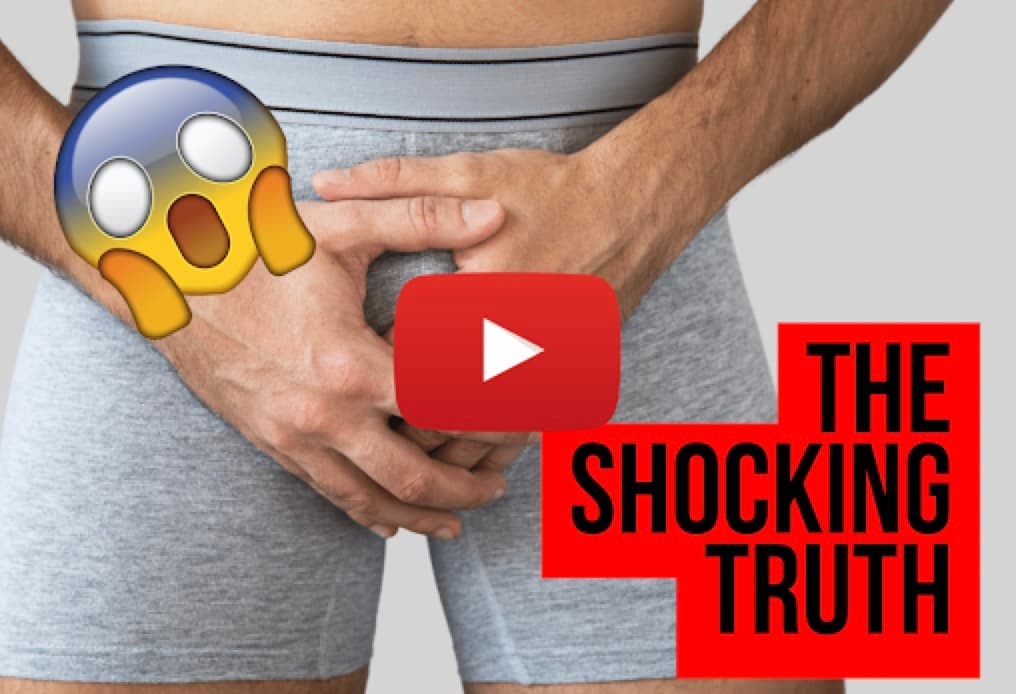Hidden Link Between Depression and Low Testosterone | Shalin Shah
It has become increasingly evident that there is a strong link between hormonal imbalances and mental health issues. In a recent study by MO Kira, this connection has been further explored, specifically focusing on depression and low testosterone levels.
The research covered a comprehensive study involving about a thousand patients, highlighting it as not only significant but also robust in its examination of these health issues.
The study's findings indicated that an overwhelming 92% of patients experienced symptoms of depression alongside low testosterone. This suggests a notable overlap between these conditions, warranting a closer examination of hormonal therapies as a potential remedy.
Initially, nearly 20% of patients fell into this category. After undergoing testosterone therapy, this figure plummeted to just 2% after three months and maintained after twelve months. This represents a significant advancement, showcasing testosterone therapy's potential as an effective treatment for reducing depressive symptoms significantly.
"Isn't that crazy huge?"
The insights derived from this study underscore the transformative potential of testosterone therapy in tackling depression associated with hormonal imbalances. While more research is critical to further ascertain its applicability and outcomes, these initial findings provide a hopeful blueprint for integrating hormonal treatments into mental health therapies. Importantly, addressing such biological factors illustrates the broader scope wherein medical and psychological care can converge to enhance patient well-being.
From Around The Web
Wellness Inbox is a blog & weekly newsletter that curates trending news and products related to health and wellness from around the web. We also gather content from various sources, including leading health professionals, and deliver it directly to you.
Please note that we may receive compensation if you purchase any products featured in our newsletter. Wellness Inbox is not affiliated with, nor does it endorse, any health professionals whose content may appear in our newsletter. The information provided is for general informational purposes only and should not be considered medical advice.
The information provided is not intended to replace professional medical advice, diagnosis, or treatment. All content, including text, graphics, images, and information available is for general informational purposes only. We do not guarantee the accuracy or completeness of any information presented and assume no liability for any errors or omissions. The content is subject to change without notice. We encourage you to verify any information with other reliable sources and consult your physician regarding any medical conditions or treatments.







